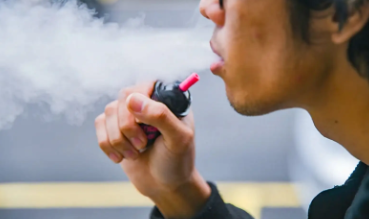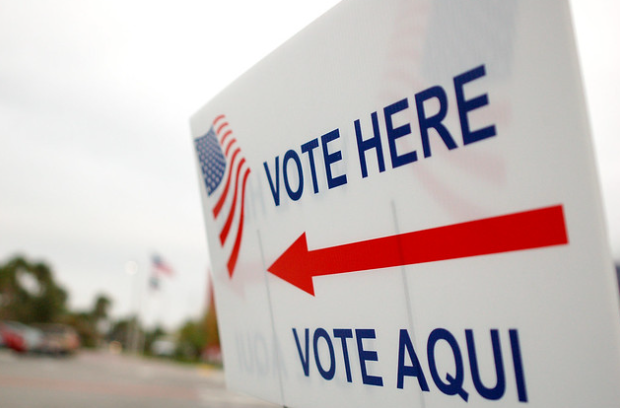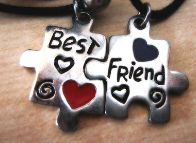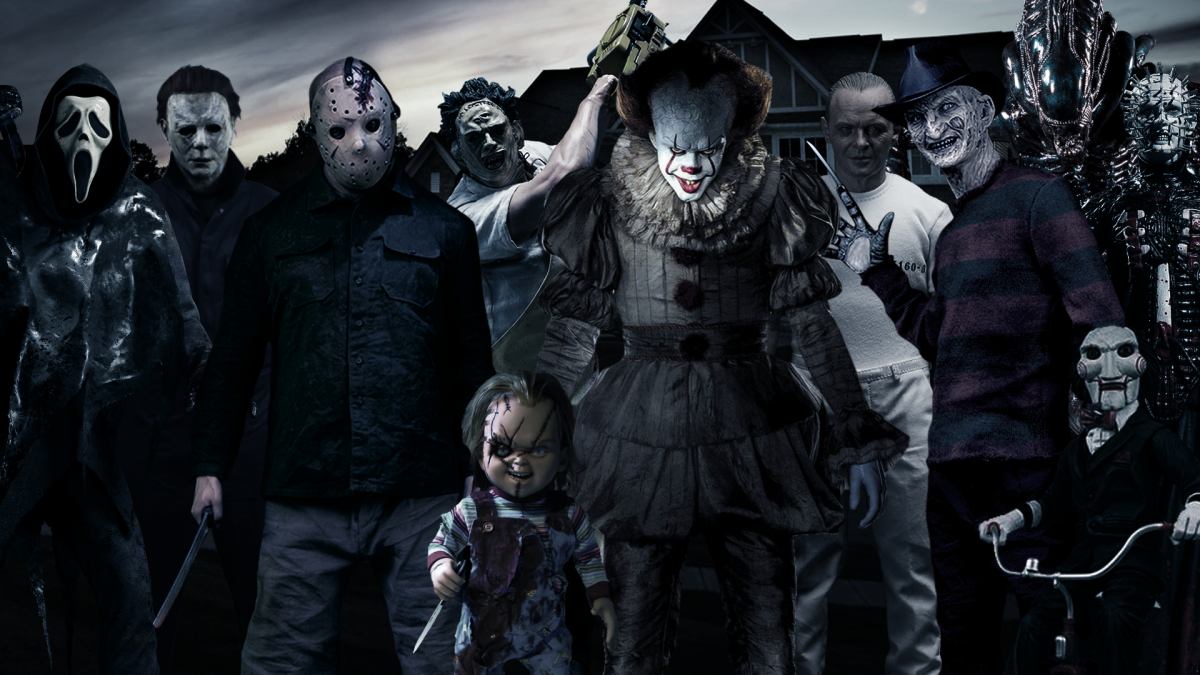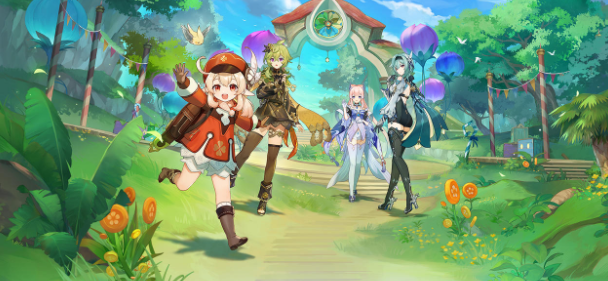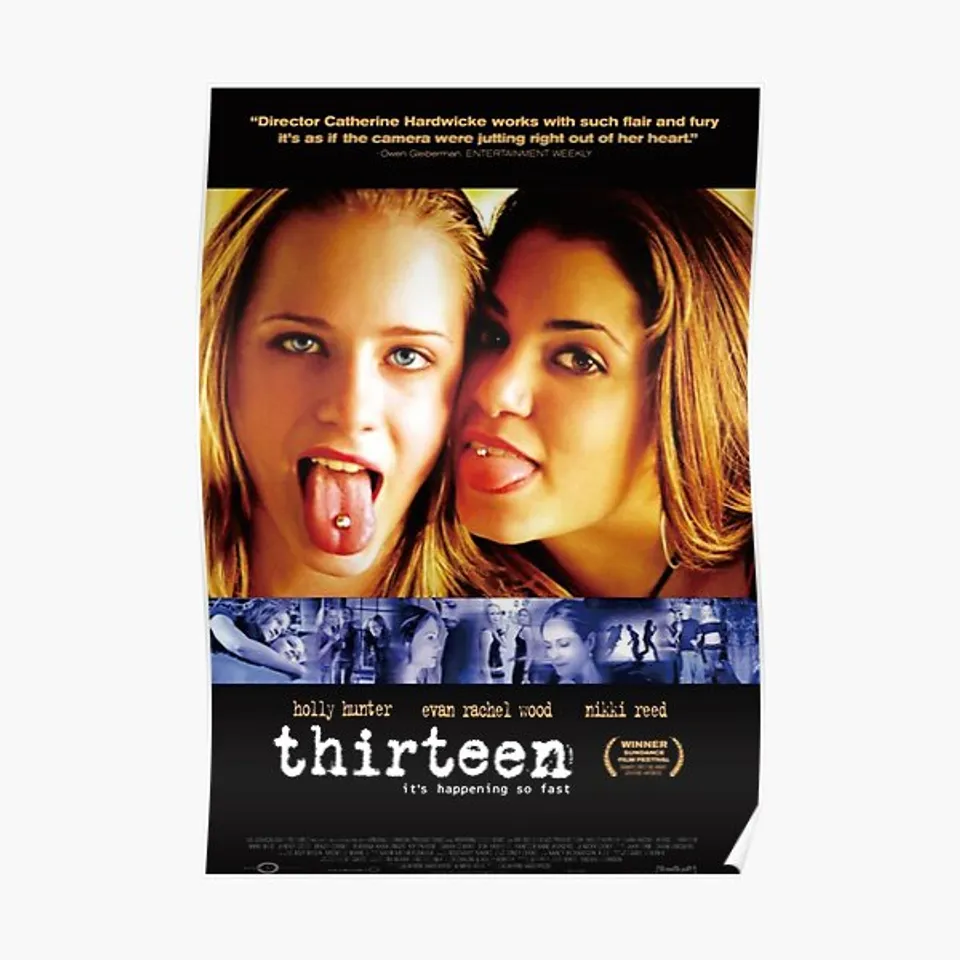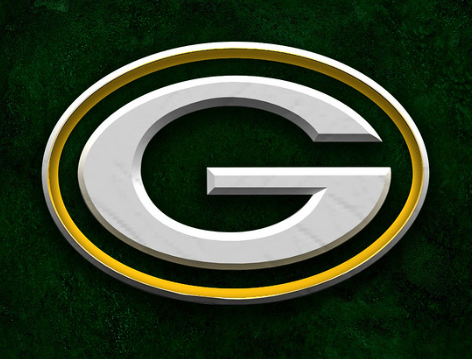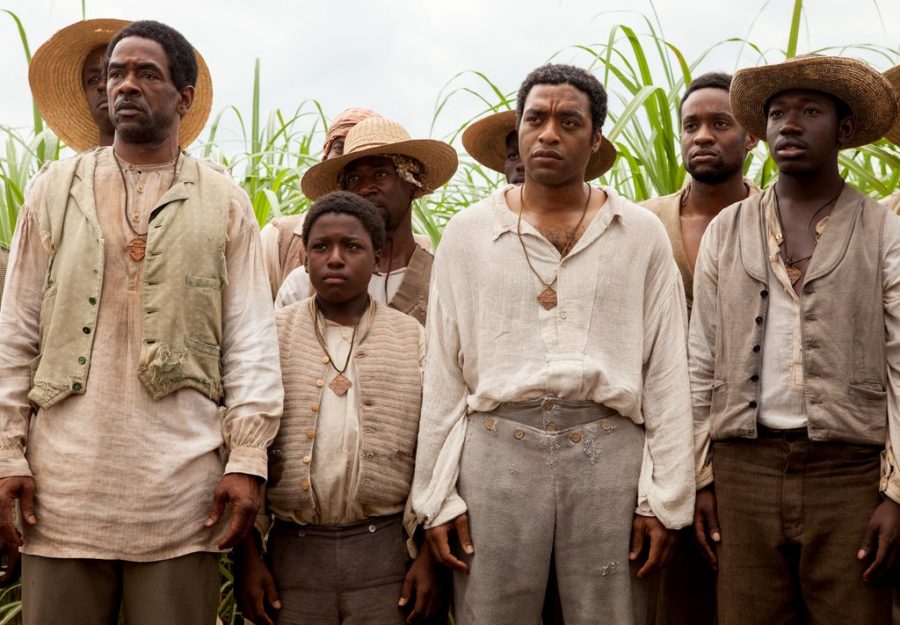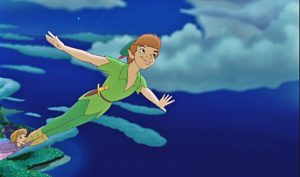Racism in the Film Industry
October 18, 2020
Many actors and actresses don’t address the racism in the industry they work for. However, Joaquin Phoenix did talk about it in his acceptance speech for BAFTA (British Academy Film Awards) saying that he felt “honored” to be there and he appreciates the support that BAFTA has given him but he feels as though the industry has sent people of color this “message” of unacceptance. “I think that people just want to be acknowledged, appreciated, and respected for their work,” Phoenix said. This speech was important because it’s a white man talking about his disappointment in the lack of acceptance and appreciation for the people of color in his line of work. He even admitted to being a part of the problem by saying “I have not done everything in my power to ensure that the sets I work on are inclusive”. Diversity in movies is important because viewers like to be able to relate to what they’re watching. If movies are just white people where’s the reality in that?
In 2020 BAFTA, nominated no actors of color, which sparked a demand for change. Marc Samuelson (a British producer and chair of BAFTAs film committee) said “We can’t change the industry, but we can try” in a zoom call. Samuelson also said, “In terms of the awards BAFTA gives, let the work be seen and judged with fairness”.
In 2015 however, we saw the same situation happen here in the United States with the Oscars. This event lacking diversity sparked activism that birthed the hashtag: #OscarsSoWhite. “That was the industry: You’d scan around the room, and everyone looked the same. But people didn’t get what was going on. Members would say, ‘We’re professionals — we just vote for who’s best’” said former academy president Cheryl Boone Isaacs.
Film has perpetuated black stereotypes in many ways. One of these ways being through the use of guns. The film industry has used the gun as a symbol of the racist stereotype of black people being violent. Some may argue that the gun in the film is a symbol of freedom. nature.com agrees, saying “We argue that gun-wielding Black film characters broaden existing stereotypes and thwart any attempt to recognize the gun as a positive representation of freedom and equality in gun ownership practices and protections.”
The only way we as a society can end racism in the film industry is to continually ask questions like “Why are black people underrepresented?”, “Why are black actors and characters framed in stereotypical ways?”, “How do we address racially biased criticism from the general public?” And overall, how we can do better to address these stereotypes and create film narratives and characters that speak to audiences.




